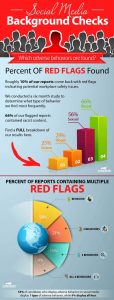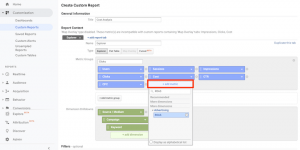Today, search results in Google are primarily ranked based on complex algorithms that analyze popularity gained through link authority, but that may not be the case for long. A team of research scientists at Google recently published a paper proposing a new process to influence the rankings of search results based on the rate of factual information found within a page’s content. Is your brand ready to tell the truth, the whole truth, and nothing but the truth?
What Is The Update?
Today this update is still just a proposed notion and has yet to be confirmed or implemented in search algorithms. As a continued effort since the launch of its Knowledge Graph, Google has looked to reshape how it displays content to educate and connect users with information. If applied, this update would aim to deliver users a more accurate and efficient search experience by providing factual and verified data at the top of search results. Website would be given a Knowledge-Based Trust (KBT) score that would influence rankings as PageRank does today.
In short, any web pages that provide information that contradicts or questions Google’s own established “truth” would be bumped down in rankings. Google researchers propose to utilize technology that will cross-reference information and fact-check data through unbiased internal and external resources.
Who Will Be Affected?
While it is still not fully clear what this update would mean for non-fact-based content, it could be disruptive to data-driven content, alternative media and opinion-based publications. Websites that do offer factual information such as news publishers, how-to pages, and data-driven websites may soon see shifts in SERP rankings. If you manage a website based around facts, such as Wikipedia, you may already have experienced changes in Google SERP layouts (such as graph panels) thanks to Google’s Entity Search and recent Hummingbird updates.
How Will This Affect Content?
Deceptive content may soon be penalized in the same way deceptive links are today. With this update, the accuracy of your content would directly influence your ranking in search results. Presumably, sites with more in-depth but inaccurate content would see the biggest plunge in rankings. This proposed update would share similarities with recent updates seen from Penguin that knocked out websites with massive quantities of deceptive links from spammy sites.
How Can I Improve My Knowledge-Based Trust Score?
To avoid penalties and potentially increase your content ranking, focus on creating the most factual and up-to-date content relative to your focus. Cross reference facts with quality sources to increase the transparency of your data and ensure accurate listings. It is unknown how this proposed update could affect current algorithms, but chances are if this initiative is launched it will not replace the components of proven and effective content strategies.
Conclusion
If implemented, this new process of measuring trustworthiness will most likely serve as an addition to how content is currently ranked as not all websites provide fact-based content. It is unknown when or if this update will go live, but keep a close eye on how content is ranked in Google results and adjust your content strategy accordingly.
(247)
Report Post





